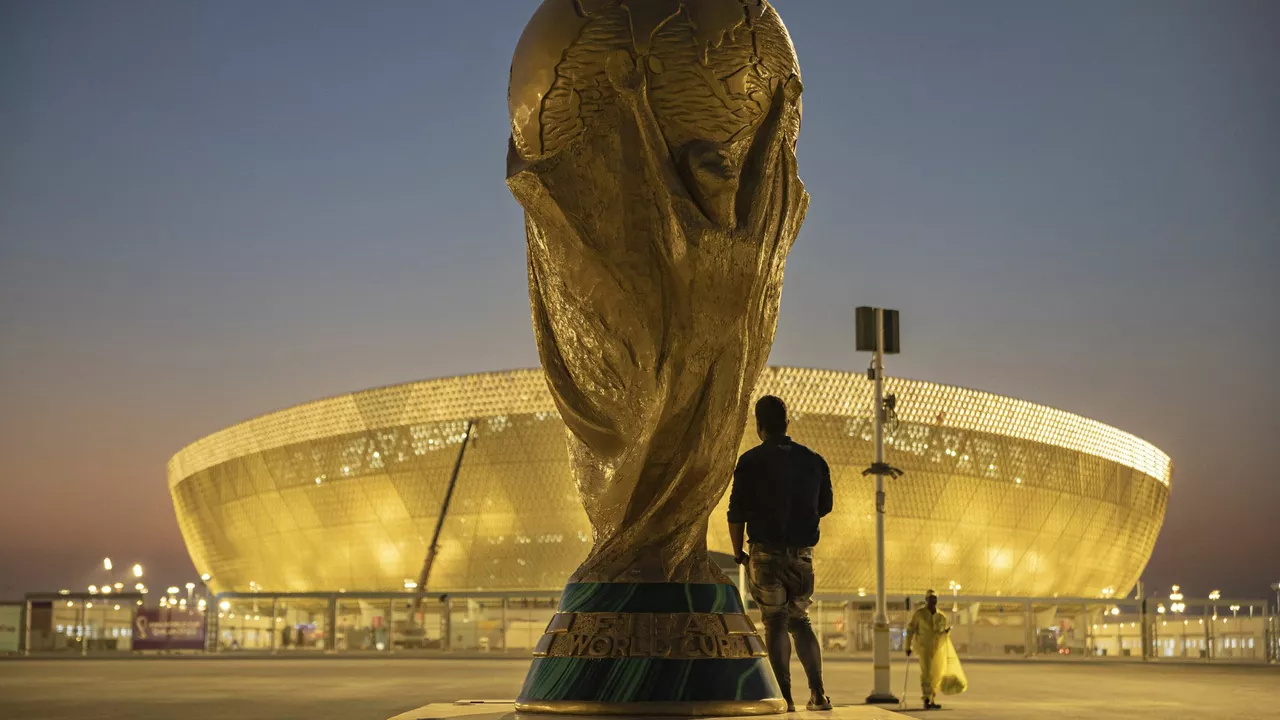2022 World Cup
When talking about the 2022 World Cup, the international soccer showdown held in Qatar that captured the world's attention. Also known as World Cup 2022, this event blended high‑stakes competition with unprecedented stadium tech. The tournament encompassed surprise upsets, record‑breaking goals, and a global fan frenzy that still echoes in today’s conversations.
Behind the matches, the FIFA, the governing body that organizes the World Cup every four years set the stage, while Qatar, the host nation that built eight state‑of‑the‑art stadiums for the event provided the backdrop of desert heat and cutting‑edge cooling systems. The climate required teams to adapt their training routines, leading to tactical shifts that influenced game plans across the group stage. Meanwhile, the sport itself – often called soccer, the world’s most popular team sport, known as football outside the U.S. – proved once more why it unites billions, as fans shared chants, memes, and instant‑replay analyses in real time.
Why the 2022 World Cup Still Matters
Beyond the trophy, the 2022 edition left a legacy of lessons. For emerging talents, the tournament showed that a mix of speed and technical skill can topple traditional powerhouses. For coaches, it highlighted the importance of squad rotation in a compact schedule, especially when dealing with travel across multiple venues. For sponsors and broadcasters, the event demonstrated the value of immersive fan experiences, from virtual stadium tours to interactive stats dashboards. Readers will find articles that break down match tactics, profile standout players, and explore how Qatar’s infrastructure is being repurposed after the finals.
Below, you’ll discover a curated mix of stories that dive deep into the drama, the data, and the personalities that defined the 2022 World Cup. Whether you’re after a nostalgic recap or a fresh analysis, the collection offers practical insights and entertaining anecdotes that bring the tournament back to life.
